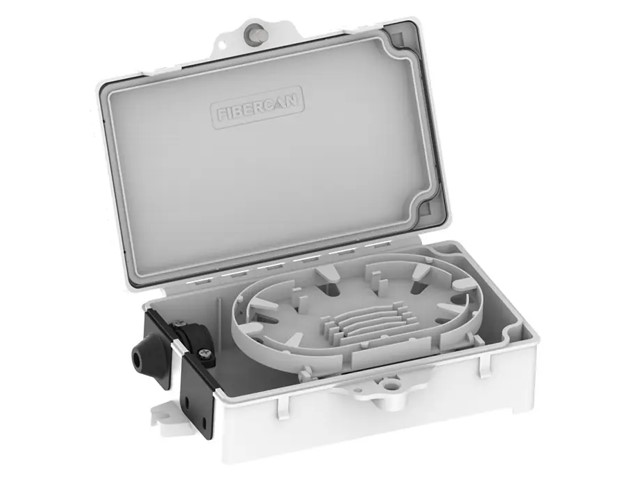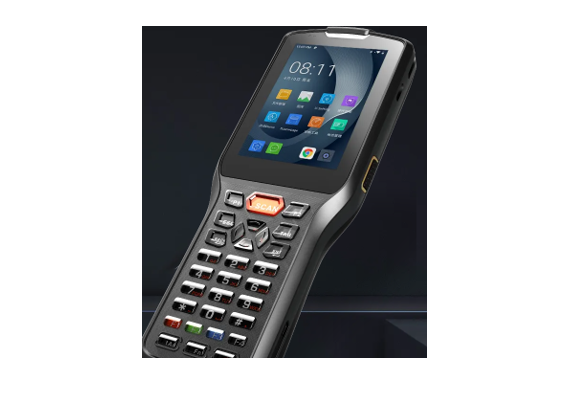Mornsun EV Charging Station Power Solutions

Climate warming and high gas prices drive demand for EVs and plug-in hybrids (PHEVs). As a result, EV sales have grown yearly, giving drivers more options.
EVs’ market share and growth will make 2022 critical. However, electric cars and charging stations have intrinsic characteristics and concerns that must be addressed. Finally, we’ll discuss how power supply affects electric car charging stations below.
EV Charging Stations
EV charging stations are under unprecedented pressure to provide reliable energy to an expanding number of electric cars. One in five new cars sold worldwide will be electrified by 2025, and two in five by 2030. Hybrid and electric vehicle sales have grown globally, especially in India, according to FAME India. In addition, the global EV charging station sector is under unprecedented pressure to produce more EV chargers that can provide continuous, reliable energy for charging more EVs.
First off, AC and DC EV charging stations are different. The EV’s integrated charger converts AC to DC to charge the battery from AC EV charging stations. DC charging stations charge EV batteries directly using DC energy.
AC level 1, 2, and DCFC charging stations are also available (DC fast charger). AC Level 1 Chargers are the cheapest, simplest, and smallest. AC Level 2 Chargers are the most common, and DCFC chargers are the most costly, sophisticated, and power-hungry. EV charging stations include AC portable chargers, wall-mounted chargers, charging piles, and DC quick chargers.
AC/DC power supplies are power system essentials. Despite each EV charger’s unique characteristics, there are certain common factors to consider when selecting an AC/DC power source for an EV charging station’s electric circuit. First, the EV charger must be compatible with international grid voltages. A power supply’s lifespan and performance may be affected if the grid voltage fluctuates. Therefore, check the power supply’s ultra-wide input voltage range first.
Electrical engineers must also choose EV charging station power supplies depending on many factors. This power module should be water- and corrosion-resistant, efficient, and reliable. Thus, EV charging station power sources may be made reliable.
Electrical engineers should also consider weather and temperature swings, as EV charging stations are generally outdoors. In summer, the charger’s inside may reach 80 degrees Celsius while the outside temperature may reach 40 degrees Celsius. Thus, power supplies must be temperature-tolerant.
EMC performance—EMI, EMS, and surge—is also crucial. Lightning may cause a tens-of-kilovolt electrical grid surge. AC/DC surges may reach 1kV or 2kV despite several protections. Thus, the surge would harm the AC/DC power supply.
Electrical engineers must also consider power solutions suppliers while designing electric circuits. For example, Mornsun has over 23 years of power supply experience and provides various power modules for various sectors.
EV charging stations are among Mornsun’s many uses. For example, Mornsun’s R&D team has developed three power supplies for EV charging stations: AC Level 1, AC Level 2, and DCFC. Isolation converters, enclosed power supplies, RS485/CAN transceivers, and other creative and cost-effective components are available to EV charging system designers.
We recommend Mornsun‘s LS-R3 line of 1W to 15W tiny open-frame AC/DC Power Supplies for AC Level 1 EV charging boxes. This series is ideal for applications with limited space because of its universal wide input voltage of 85-305VAC, huge operating temperature range of -40°C+85°C, ultra-compact size (LS03-13BxxR3 is 26.4*12.58*12mm), and flexible configuration.
For AC Level 2 EV charging equipment like a charging pile, Mornsun’s Encapsulated AC/DC Power Supplies LD-R2 Series, rated from 3W to 90W, has a universal broad input voltage of 85-305VAC and a wide operating temperature range of -40°C+85°C. These OVC III AC/DC power supplies include 4.2kVac isolation and a 1 x 1-inch dimension.
Finally, for DCFC, Mornsun’s enclosed power supplies LM/LMF Series, rated from 15W to 1500W, has an input voltage range of 85-305VAC and an operating temperature range of -30°C to +75°C. Due to its 92% efficiency, this AC/DC power supply series is ideal for charging piles, especially DCFC EV charging stations. In addition, Mornsun provides the DC/DC Power Supply QA Series, which has both positive and negative outputs and is built particularly for SiC MOSFETs and IGBTs drivers. The QA series has high isolation voltage up to 5k VAC, high CMTI, ultra-low isolation capacitance, and an ultra-wide operating temperature range for DC charging stations. Contact us about Mornsun power supply solutions for electric car charging stations.





